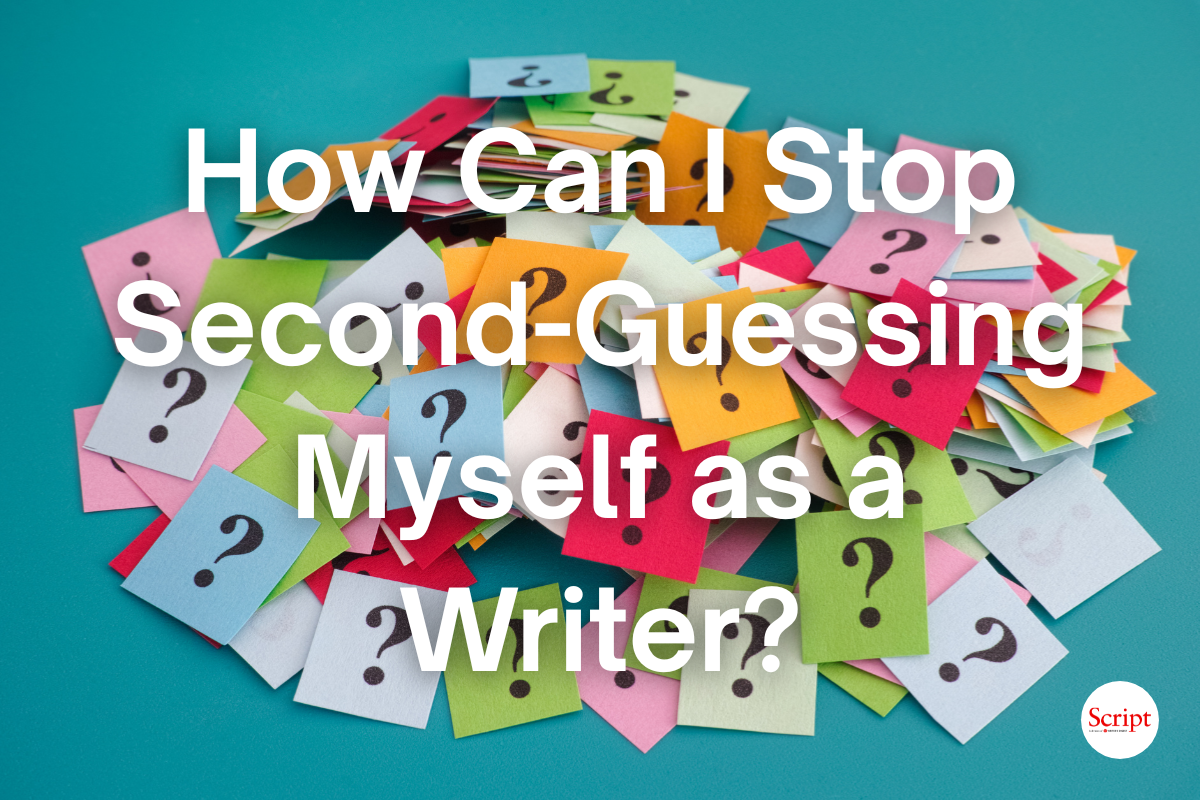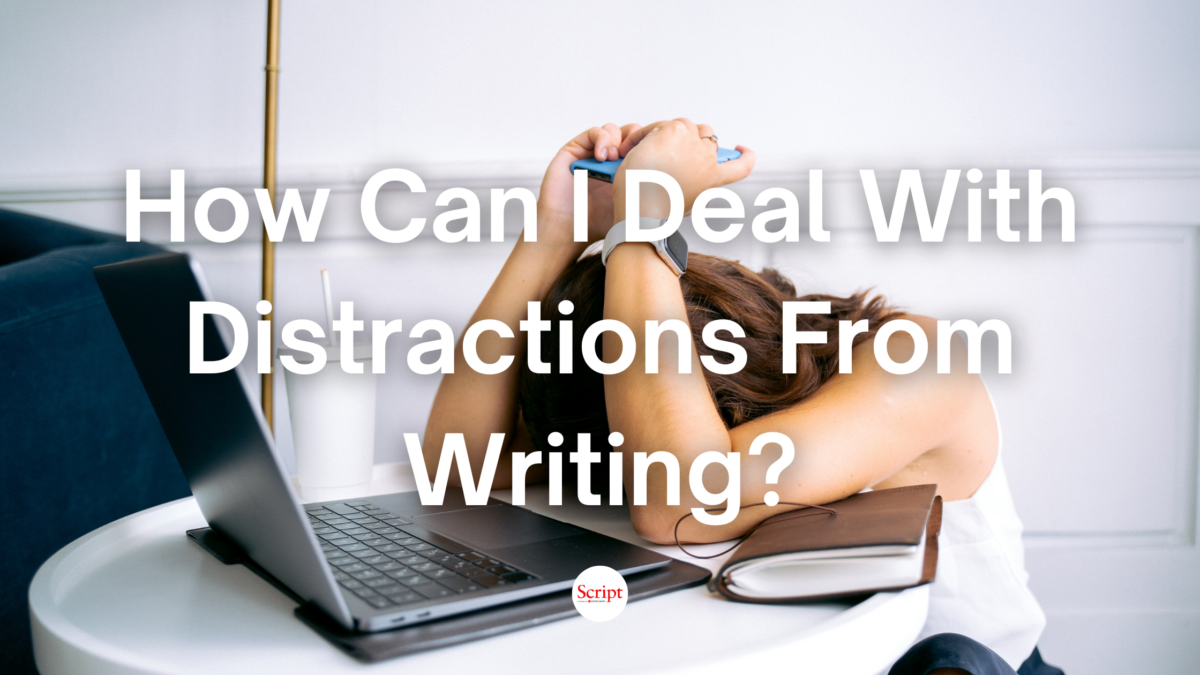How Can I Boost My Confidence & Stretch Farther as a Writer?
Writing coach and Called to Write founder Jenna Avery responds to a reader about having confidence in their writing.
Welcome to “Ask the Coach.” As a writing coach, I answer questions from writers about making the work of writing happen, tackling craft, business, and personal questions along the way. (Have a question you’d like answered? Check the details at the end of the article about how to submit one.)
Today I’m responding to a reader about having confidence and stretching farther as a writer:
“I think it's my confidence. I feel completely sure that I don't know what I'm doing. I'd like to believe it when I tell myself, ‘It may not be there yet, but it will be,’ about my writing. I'd also like to set goals for myself that feel a little more ambitious than those I set now. I like that I protect my feelings but I may be doing too much of that.”
From what I’ve seen, all writers face crises of confidence periodically, including professional, experienced writers, so it’s good to remember you’re not alone. We may also be questioning ourselves about whether we’re pushing ourselves forward enough.
Let’s explore some possibilities to help.
1. What you say to yourself matters.
First, how you talk to yourself is important. I like your message, “It may not be there yet, but it will be,” though it sounds like it isn’t landing for you as believably as you need and want for it to do.
I’d back up even further to “I feel completely sure that I don’t know what I’m doing,” and look at reframing and rewriting these two messages together into one that works for you.
For example, you might consider something like, “I’m determined to continue to learn and grow as a writer,” or maybe “I’m focused on continuing to improve as a writer.” These messages — or something along these lines — focuses on your commitment to writing, while also acknowledging you’re in a learning phase of your journey. The “not yet” is implied, but shifts the focus from “someday” to what you can do, right now.
2. How you set goals matters.
There’s a wide range of options when it comes to goal setting. Some writers are motivated by highly ambitious goals, while others crumble under that weight and prefer to set goals that fall into the “achievable” camp, along the lines of SMART goals (specific, measurable, achievable, resonant, time-bound).
So, the question of making your goals more ambitious depends somewhat on you, your personality, your available time, your health, your family situation, and more. It also depends a bit on where you’re starting with setting goals in the first place.
For screenwriters writing on spec (like you and me), I recommend setting both daily time goals and bigger picture year-long goals. A daily time goal might be to write for anywhere between 15 minutes and 4 to 6 hours in a day. A year-long goal might be the number of scripts you’re aiming to write to a certain stage, e.g. one fully polished and final script ready for marketing, or four first draft scripts, etc. (I’m not suggesting these numbers for you — rather just using some possible targets as examples.) It can also be useful to set three-month (quarter-long) goals to break down your year-long goals, which helps you pace yourself and adjust your daily goals if you’re off track.
Then, when it comes to making your goals more ambitious, “try on” adjusting your current baseline goals upward a bit — maybe 20% to 50%? — and see how it lands for you. If your inner response is excitement and resolve, you’re on to something. If dread is the overriding reaction, adjust it downward a bit.
One of the secrets of goal setting is that goals which overreach your personal capacity can become paralyzing, crushing, and procrastination-inducing.
A good rule of thumb for goal setting is this: If you set a goal and find yourself not taking action on it, it’s too big. Make it smaller until you can keep moving ahead consistently. Then you can experiment with incremental adjustments until you find your own natural sweet spot.
Conversely, if your goal is under your capacity, you may find yourself feeling bored and drifting — in that case, bump it up until you’re in action, writing, the way you want to be.
One last thought: I suspect you have a secret goal you might not be quite admitting to yourself. See if you can name what it is, on paper, and then explore how it lands using the method I’ve described.
3. How you protect your feelings matters.
In the last part of your note, you mention that you like how you protect your feelings but may be doing “too much” self-protecting. I’d want to ask you more questions about this to fully understand where you’re coming from, but for now, I’ll assume that what you mean is that you feel like you’re holding back on pushing yourself with ambitious goals or taking other risks to put yourself out there with your scripts.
I can see this from multiple angles.
On the one hand, part of being an artist and creator is taking risks to put work out into the world, which is an emotionally vulnerable action, and is an important and valuable part of the process. As screenwriters, we want to share our work with an audience — that’s the whole idea of writing a movie.
On the other hand, sometimes our work isn’t ready to share yet, and putting it out there too soon can create a negative feedback loop that becomes a deterrent. In this case, it’s helpful to start with trusted feedback sources, whether that’s from peer screenwriters or readers who provide notes. Having said that, I find that most writers have an intuitive sense of whether a script is truly “working” or not, when they give themselves a chance to evaluate it.
And that’s my final thought for you: Learning to analyze our work from an objective perspective is one of the most valuable skills we can develop as writers. This can look like reverse outlining a script you’ve written and studying it carefully for both your intuitive reactions and logical inconsistencies, usually after having some time off from the script after finishing it. Objective analysis can also include creating detailed outlines for scripts (even if intuitively crafted) before writing so you know (and feel) that you’re standing on solid ground as you write.
Sometimes, confidence and strength comes from the focused attention and (dreaded d word!) discipline of being thorough with your work. As someone once said to me, “with creativity comes confidence.”
In other words, we arrive at confidence by doing the work, not by having confidence in advance.
That’s a Wrap
Confidence, ambition, determination, commitment, focus, discipline — these are all valuable traits for writers to cultivate. Sometimes it’s about adjusting what we’re telling ourselves. Sometimes it’s about how we’re setting and holding goals and stretching as writers. Sometimes it’s about where we are on the writing journey and how we’re approaching our work.
It’s also, at the end of the day, knowing and understanding that we gain and strengthen these traits by doing the work, trusting that we will continue to grow into ourselves as the writers we were put here to be.
You may also like:
Screenwriters, what challenges and blocks are you wrestling with right now? Share them with me for support and suggestions, take the survey, or email me directly at support@jennaavery.com. Look for answers to selected questions in the monthly “Ask the Coach” column on the third Thursday of the month.
Find me on Bluesky: @jennaavery.bsky.social







